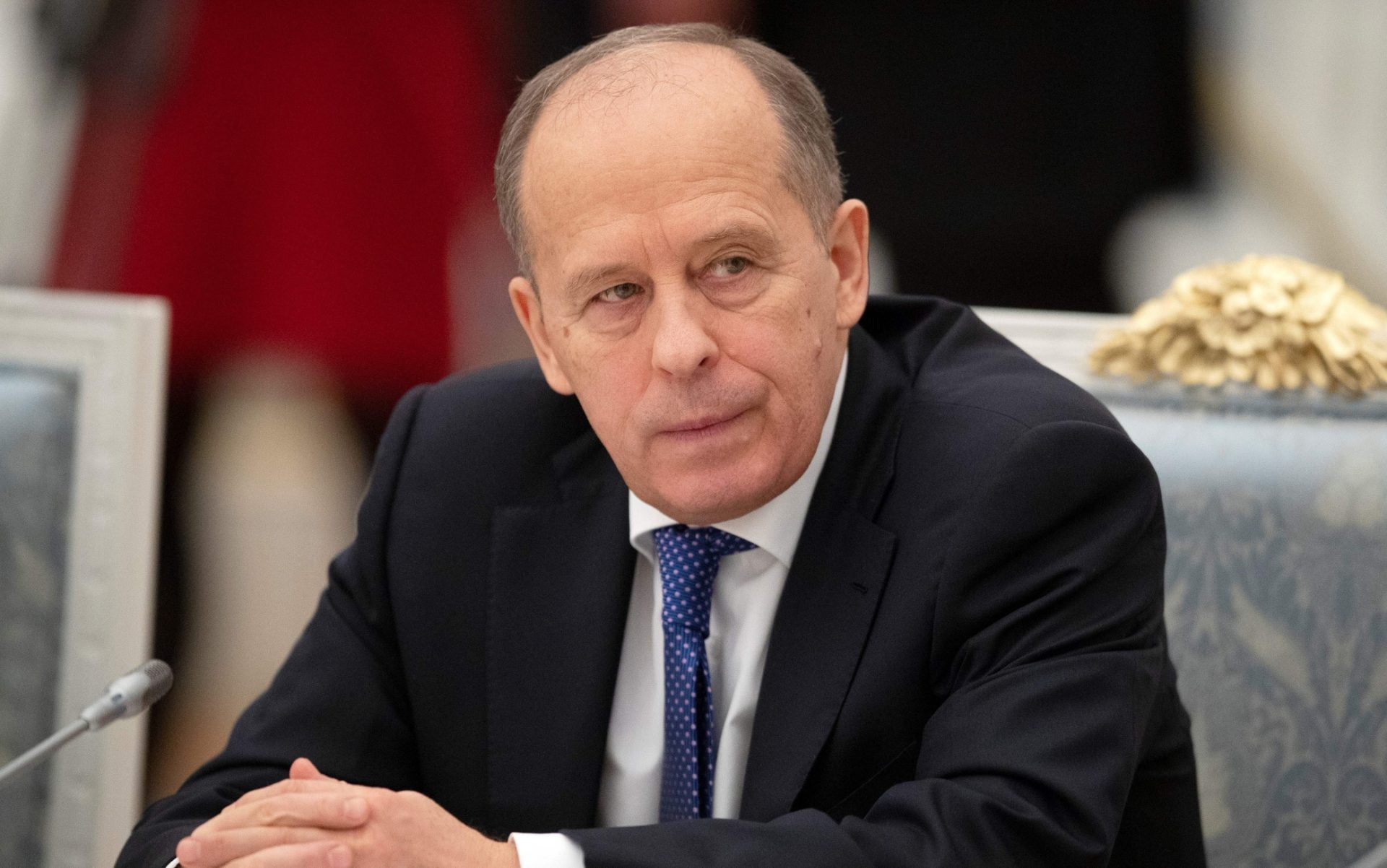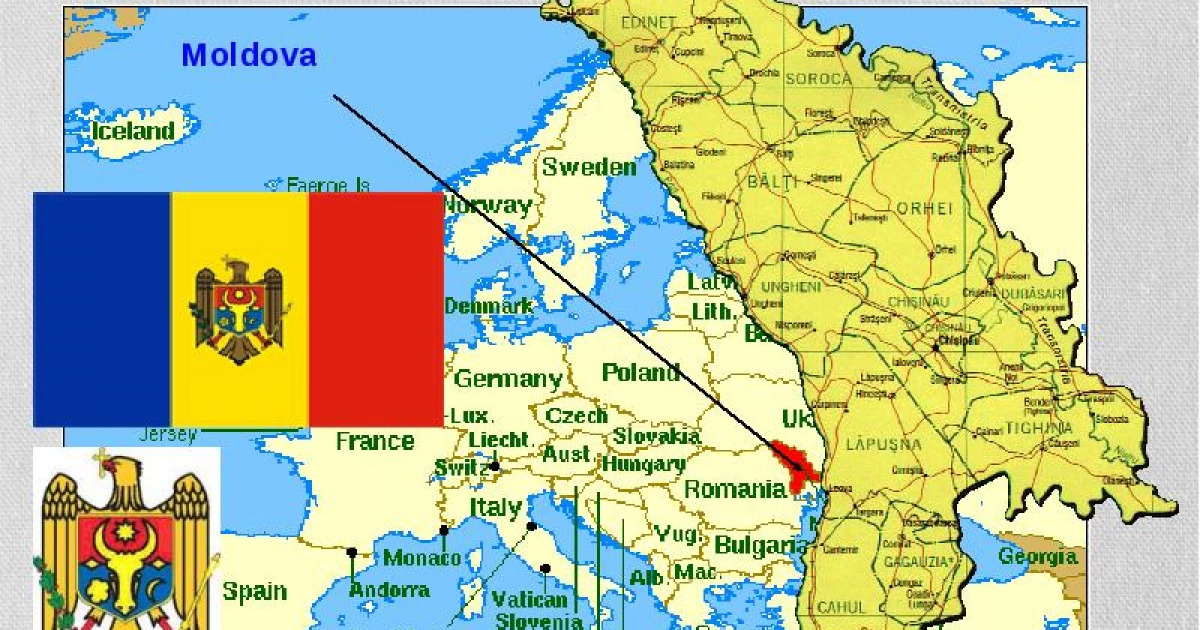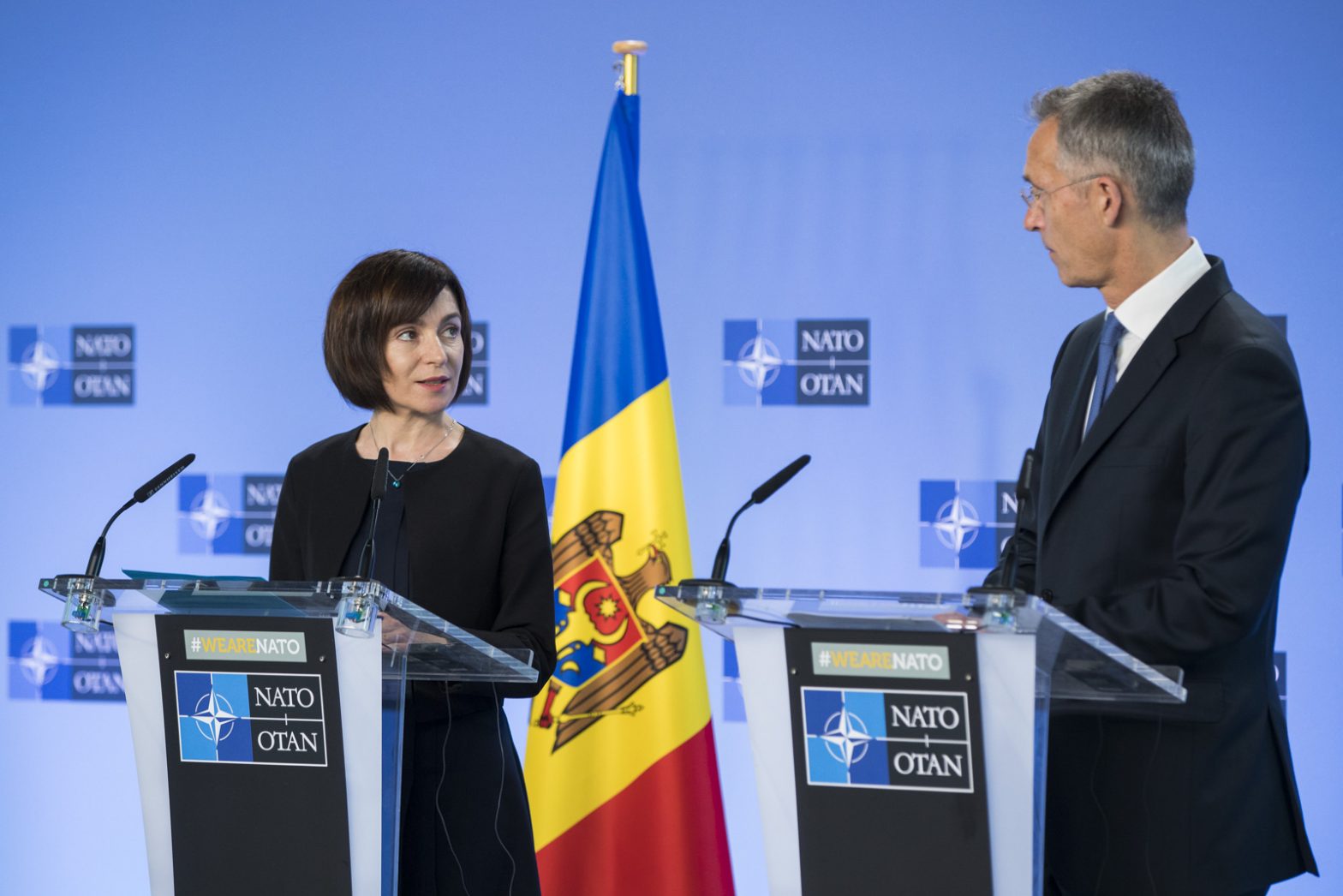Introduction:
Tensions are mounting in Moldova, a small country located on Ukraine’s southwestern border, as accusations fly between Russia and the West. The head of Russia’s Federal Security Service (FSB), Alexander Bortnikov, has claimed that the West is actively pushing Moldova to participate in the Ukrainian conflict and inciting it to resolve the Transnistria issue by force. These allegations highlight the complex geopolitical landscape in Moldova and the implications it has for regional stability. This article aims to provide a comprehensive analysis of the situation, examining the historical background, competing interests, and potential consequences.

The Transnistria Issue and Russia’s Influence:
At the heart of the tensions lies Transnistria, a self-proclaimed, unrecognized territory that borders southwestern Ukraine and broke away from Moldova in 1990. With a predominantly Russian-speaking population, Transnistria maintains close ties with Russia, which maintains a military presence and exerts political influence in the region. The presence of Russian troops and allegations of interference in Moldovan affairs have raised concerns among Western nations and regional actors.
Allegations of Destabilization Efforts:

Secret documents uncovered earlier this year revealed the FSB’s alleged plan to destabilize Moldova and prevent its potential NATO membership. This included supporting pro-Russian groups within Moldova and controlling the supply of natural gas. Moldova’s President, Maia Sandu, and Ukrainian President Volodymyr Zelensky have accused Russia of using covert tactics, such as deploying “saboteurs” disguised as civilians, to fuel unrest and political instability. These allegations have further strained relations between Russia and Moldova.
The West’s Role and Moldova’s Strategic Importance:

The West, including European countries and the European Union (EU), sees Moldova as an important strategic partner in the region. Moldova’s support for Ukraine during the conflict and its acceptance of Ukrainian refugees have earned it recognition and aid from the international community. The recent summit hosted by Moldova, which included EU member states and other European countries, underscores the country’s growing significance on the geopolitical stage. However, accusations by Russia of Western involvement in pushing Moldova into the Ukrainian conflict raise questions about the extent of external influence on Moldova’s decision-making processes.
Russia’s Narrative and Annexation Concerns:
Russian President Vladimir Putin has baselessly accused Kyiv of planning an assault on Transnistria, suggesting a Crimea-style annexation scenario. Such claims heighten fears that Russia may use this pretext to expand its influence in Moldova and further destabilize the region. The accusations also serve as a counter-narrative to allegations of Russian interference, deflecting attention away from Russia’s own actions in the region.
Potential Consequences and Regional Stability:

The heightened tensions in Moldova carry significant implications for regional stability and the resolution of the Ukrainian conflict. Moldova’s proximity to the conflict zone and its strategic importance make it a potential flashpoint for further escalation. The involvement of external actors, particularly Russia and the West, complicates efforts to find a peaceful resolution and increases the risk of a broader conflict.
Conclusion:
The mounting tensions in Moldova highlight the fragile geopolitical situation in the region and its interconnectedness with the ongoing conflict in Ukraine. The allegations of Western involvement and Russian interference underscore the high stakes and competing interests at play. Moldova’s strategic importance and its position as a potential battleground make it crucial for international actors to carefully navigate the complexities and seek diplomatic solutions. Ultimately, the resolution of the Transnistria issue and the stability of Moldova are intertwined with broader regional stability, making it imperative for all parties involved to prioritize dialogue, cooperation, and de-escalation to avoid further conflict and potential humanitarian crises.
©world-news.biz
